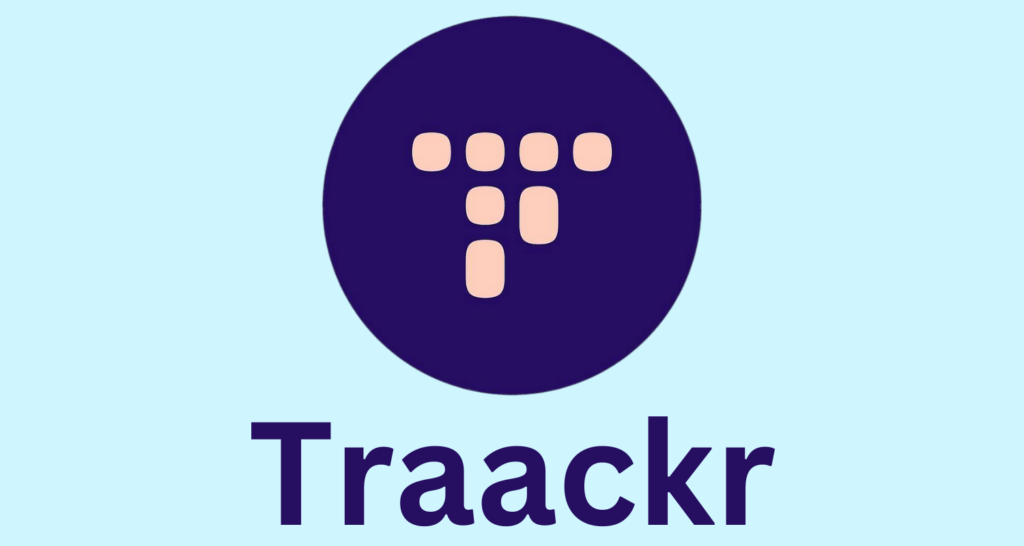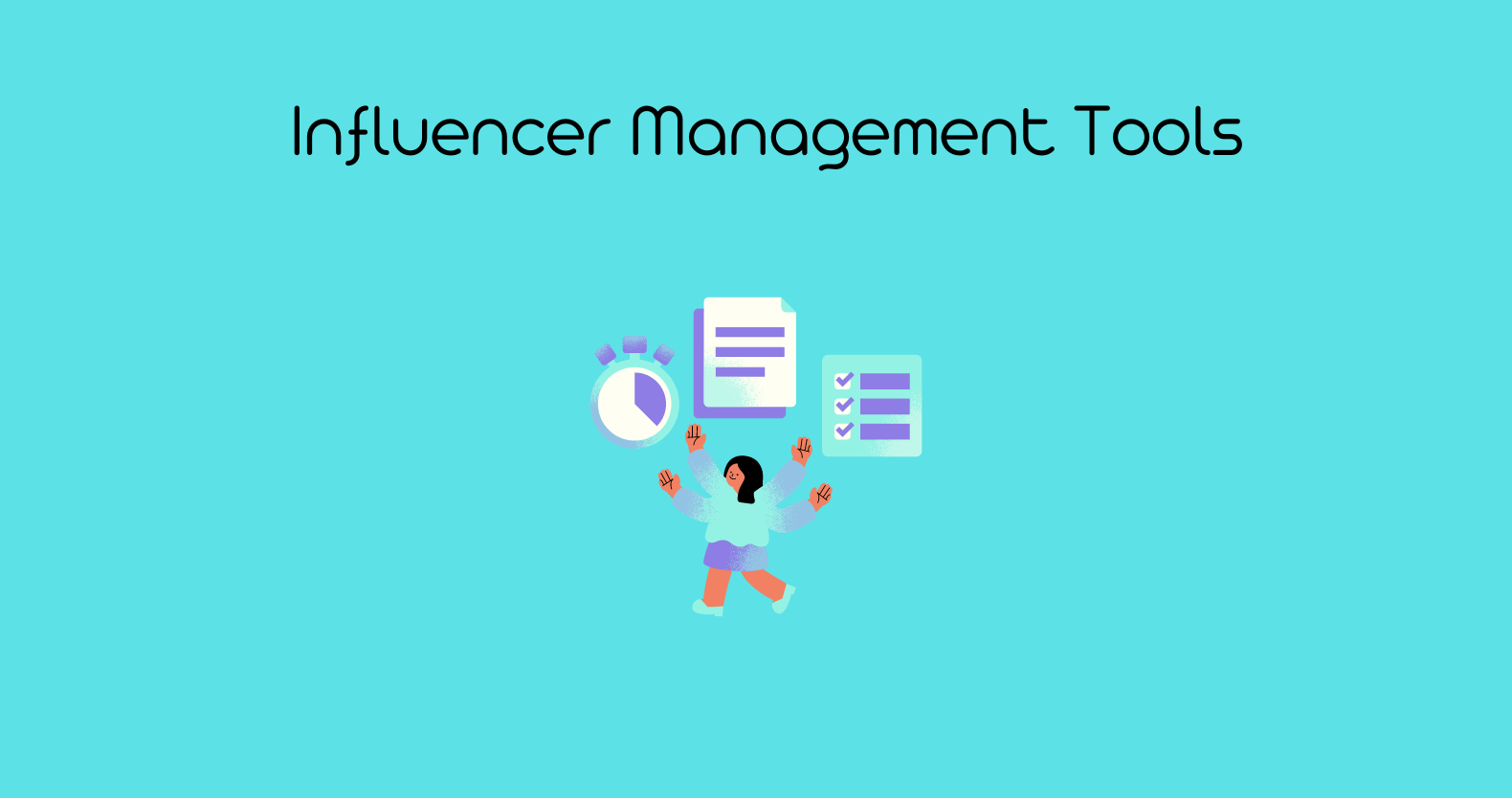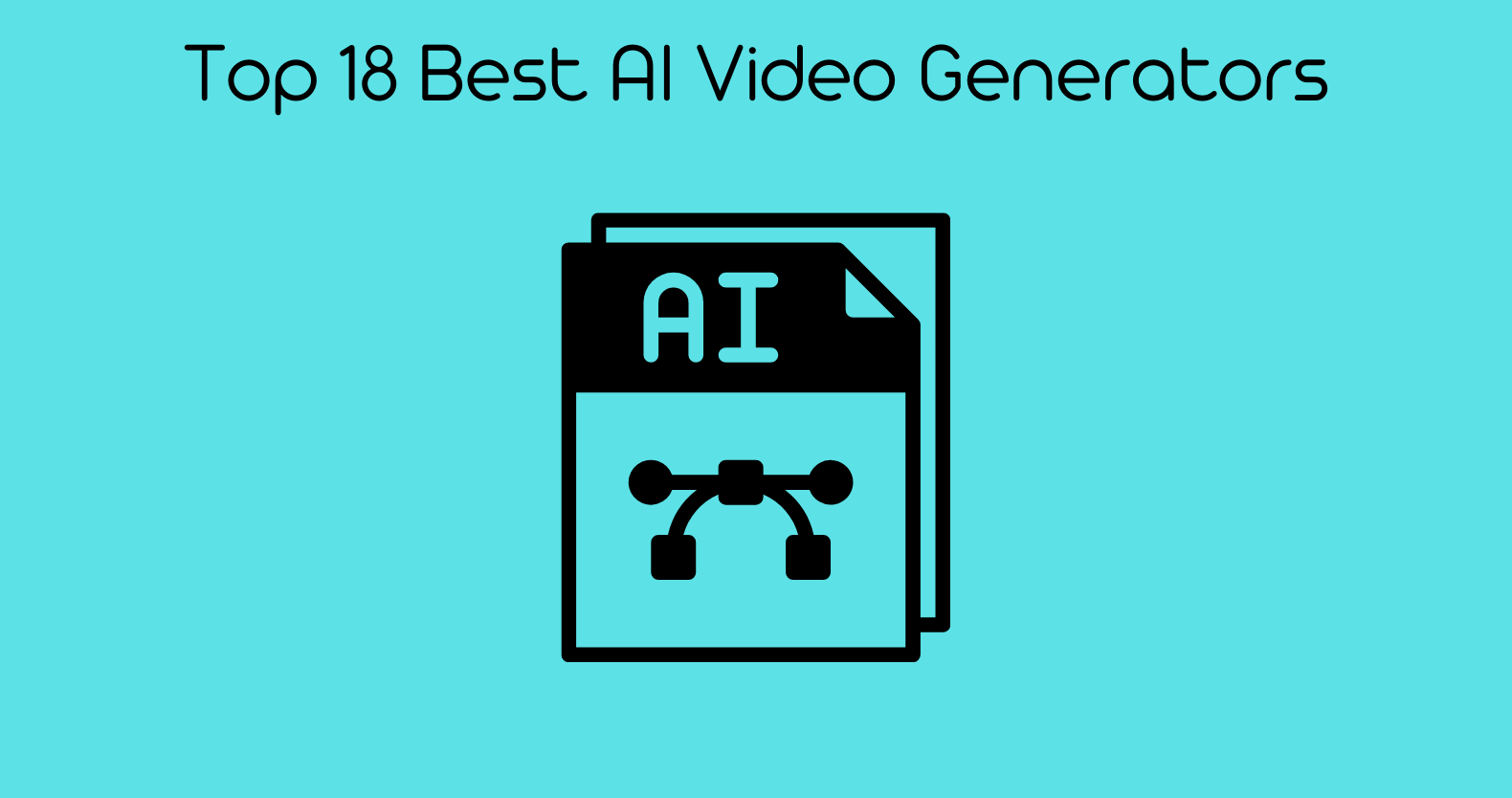Today, we are living in a world where individuals wield the power to shape trends. The rise of social media has paved the way for ‘Influencers’ and now, a single social media post can captivate millions. This new breed of influencers has built a reputation for their knowledge and expertise in specific niches. They can sway opinions, build communities, and can create awareness for bands or destroy them within hours.
That’s why brands and businesses are trying to leverage these influencers. Influencers are being approached to promote products and services so brands can reach a more targeted and engaged audience. And this process of winning the influencers is termed as ‘Influencer Management tools.’
Influencer management is a delicate dance between strategy, authenticity, and relationship-building that holds the key to unlocking exceptional brand success. This article aims to delve into the understanding of influencer management and its objectives. We’ll be exploring the role and responsibilities of influencers as well as some well-known influencer management tools.
What is Influencer Management?
Influencer management is a multifaceted process that involves identifying, recruiting, and nurturing relationships with influential individuals. From a brand’s perspective, these are persons who can promote a business or product to their established online audience.
But the process is not only limited to the promotion aspect. It extends to tracking the performance of the marketing campaigns led by these influencers. An effective influencer management strategy ensures that the collaboration between a brand and an influencer is beneficial for both parties.
Objectives of Influencer Management
The objectives of influencer management can vary based on a brand’s needs and the specific goals of a marketing campaign. However, some of the common objectives are as follows:
Brand Awareness: This involves increasing a brand or product’s visibility by reaching out to potential consumers through influencers.
Engagement: It aims to encourage interaction between the brand and its target audience by fostering authentic conversations around the brand or product.
Lead Generation: This includes driving potential customers to a brand’s website or product landing page through influencer marketing campaigns.
Sales Conversion: The ultimate objective of any marketing campaign is to convert leads into customers. Influencer management aims to do just that by leveraging the trust influencers have built with their audience.
Scope of Work in Influencer Management
Influencer management entails a wide range of activities. Some of these include:
Influencer Identification and Recruitment: This involves finding influencers who align with a brand’s values and audience and establishing a working relationship with them.
Campaign Planning and Execution: Once an influencer is onboard, the next step is to plan and execute a marketing campaign. This includes defining the campaign objectives, content creation guidelines, publishing schedule, and performance tracking metrics.
Performance Monitoring and Reporting: An important part of influencer management is monitoring the performance of the influencer’s campaign and reporting on key metrics such as reach, engagement, and sales conversions.
Relationship Management: Maintaining a good relationship with influencers is essential. This includes regular communication, providing feedback, and ensuring the influencer feels valued and motivated.
Responsibility of Influencers
Influencers wield tremendous power in the digital realm, and with that power comes great responsibility. As influential figures in their respective niches, they have the ability to shape opinions, influence behaviors, and impact society at large. Influencers must:
Maintain Authenticity: Influencers have a responsibility to their audience to promote products and services they genuinely believe in. Their audience trusts their opinions and recommendations, making it crucial for influencers to be honest and authentic in their promotions.
Disclose Partnerships: As per the Federal Trade Commission’s guidelines, influencers must disclose their relationships with brands when promoting a product or service. This ensures transparency and maintains trust with their audience.
Engage with Their Audience: Part of an influencer’s role is to foster a community. This involves interacting with their followers, responding to comments, and encouraging discussions.
Respect Brand Guidelines: When working with a brand, influencers must respect the brand’s guidelines while ensuring the content aligns with their style and resonates with their audience.
Deliver on Commitments: Finally, influencers have a responsibility to deliver on their commitments to brands. This includes creating and posting content as per the agreed schedule and meeting the agreed-upon performance metrics.
Also, Check A Detailed Guide on How to Film a Wedding
5 Best Influencer Management Tools
Upfluence
Upfluence is a comprehensive platform that offers a wide range of features. It provides the necessary tools for influencer search and discovery, relationship management, campaign management, and analytics. The platform is enabling brands to find influencers using a database that includes millions of influencers across different social media platforms and blogs.

AspireIQ
Previously known as Revfluence, AspireIQ is a marketing platform that provides tools for influencer discovery. In addition, you get the power of relationship management and campaign tracking. It also has a feature for managing influencer payments, making it a comprehensive tool for influencer marketing.
InfluencerDB
InfluencerDB is a data-driven influencer marketing tool. It focuses on providing in-depth analytics about influencers, including audience demographics, engagement rates, and the quality of followers. This helps brands make more informed decisions about which influencers to work with.
Traackr
Traackr is another relationship management platform for influencer discovery and analytics. It supports multiple social media platforms and languages, making it a versatile tool for global campaigns.

Klear
Klear offers tools for influencer discovery, analytics, relationship management, and campaign management. It also includes a tool for measuring the ROI of influencer marketing campaigns, helping brands understand the effectiveness of their campaigns.
Also Check The Ultimate Wedding Photography Checklist for Couples
The Bottom Line
Influencer management is a complex process, requiring a fine balance between the interests of brands, influencers, and their audience. However, when done right, it can be a highly effective marketing strategy for authentic engagement and driving growth. Using an effective influencer management tool makes the process more streamlined and efficient for managers.
What is the most critical aspect of influencer management?
The most crucial aspect of influencer management is creating and then maintaining strong relationships with influencers. This includes clear communication, setting realistic expectations, providing feedback, and ensuring that the influencer feels valued.
How do I know if an influencer’s followers are genuine?
Tools like InfluencerDB and Klear offer in-depth analytics about an influencer’s audience. You can overview their follower growth over time, engagement rates, and audience demographics. If an influencer has sudden spikes in follower growth, low engagement rates, or a high percentage of followers from unexpected locations, these may be signs of fake followers.
How much should I pay an influencer?
The cost of working with an influencer can vary greatly depending on several factors. These include their follower count, engagement rate, industry, and the specifics of the campaign. Some influencers may work in exchange for free products or services, while others may charge per post. Influencer management tools can provide data on industry benchmarks to help you negotiate fair compensation.
How can I measure the success of an influencer marketing campaign?
The metrics you can use to measure the success of a campaign will depend on the campaign’s objectives. This could include reach, engagement (likes, comments, and shares), traffic to your website, or sales conversions. Most influencer management tools provide analytics and reporting features that can help you track these metrics
Can small businesses benefit from influencer marketing?
Yes, even small businesses can benefit from influencer marketing. Micro-influencers (those with fewer than 10,000 followers) often have a highly engaged audience and are typically more cost-effective to work with than larger influencers. This makes them a great option for small businesses looking to reach a targeted audience.















